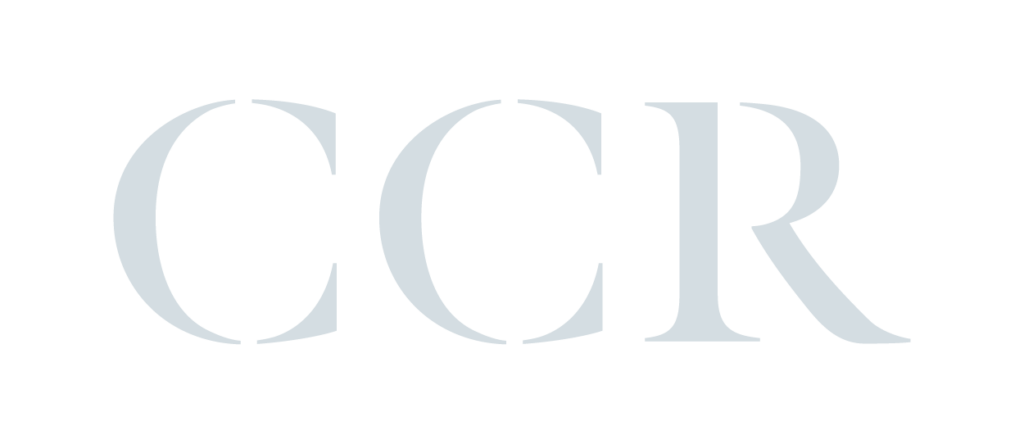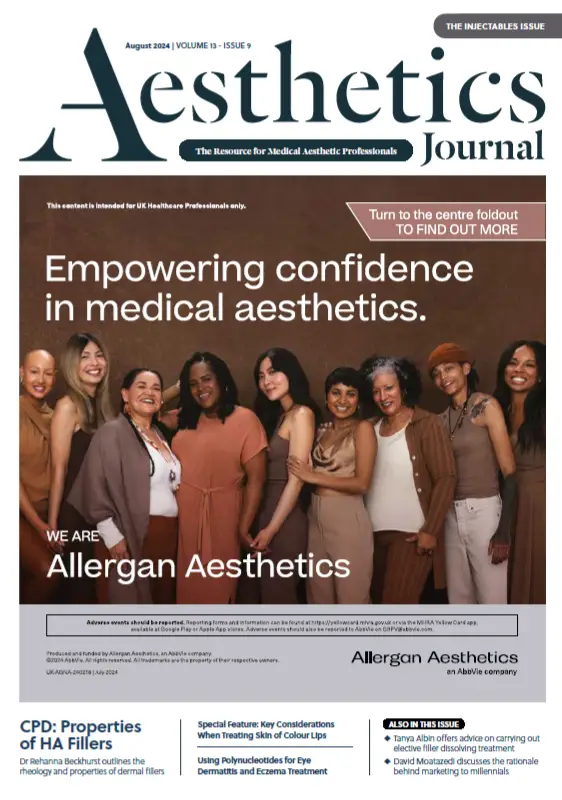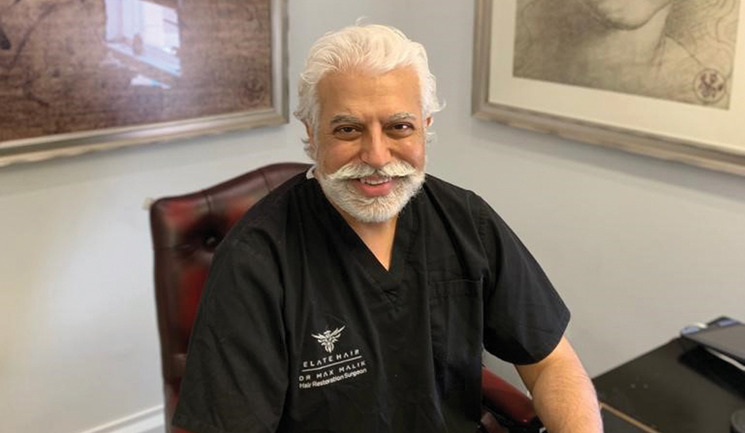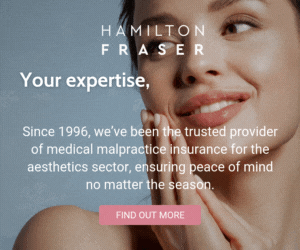Dr Max Malik discusses his new role as a Merz Innovation Partner and how psychology plays an important role in aesthetics
As a consultant psychiatrist, Dr Max Malik believes that the psychological aspects of aesthetics are vital when consulting and treating patients. Starting out in aesthetics 13 years ago, Dr Malik completed his post-graduate diploma in Practical Dermatology from Cardiff university. His training took him around the world and eventually led him to become a hair restoration surgeon. He comments, “I have always had a strong interest in aesthetics, as well as dermatology. My post-graduate dermatology training was challenging, but I believe that the skin is one of the most important features to us and I have often found patients tend to become less confident if their skin becomes disrupted with conditions such as acne or melasma. It’s a similar situation with hair loss, and my training to become a hair restoration surgeon was carried out in a variety of countries with numerous intensive courses and training opportunities.”
Opening his clinic Dr Max & Associates, Dr Malik began working in Birmingham during 2008, where his clinic slowly grew, and he re-located to Edgbaston Medical Quarter. “I decided to convert a listed building into a purpose-built clinic and wanted to devote my time into making the clinic the best it could be. The new premises allows patients to continue to seek facial aesthetics, dermatology, hair surgery and psychiatry services, as well as new wellbeing opportunities including yoga and relaxation techniques.” Alongside his own clinic, Dr Malik has worked on Harley Street and continues to work at the Dr Rita Rakus Clinic in Knightsbridge, London, one to two days a week. He returned as a consultant psychiatrist for the NHS, after the pandemic to assist, which he enjoys alongside his aesthetics work. He adds, “I’m proud of being able to change the way my patients feel about themselves, giving them great results and psychological support, so I can help them improve their confidence.”
Dr Malik also trains medical practitioners at a one-to-one level, in all facets of aesthetic medicine. Dr Malik notes, “I believe that we should not be ‘normalising the abnormal’, as faces that have been treated and appear outside of the normal anatomical boundaries, whether they be overfilled, asymmetrical or an abnormal shape are all poor results. You don’t need to be a specialist in medical aesthetics to know when something does not look correct on someone’s face.”
Throughout his career, Dr Malik has been a member of numerous associations including the British Association of Hair Restoration Surgeons (BAHRS), the International Society of Hair Restoration Surgeons in the US, the British College of Aesthetic Medicine (BCAM) and The Royal College of Psychiatrists. His new role as a Merz Innovation Partner allows him to extend his expertise and knowledge to other practitioners within the field. “My role within Merz is to help practitioners develop their skills with training, which includes offering advice on how to talk to patients from a psychological point of view. As well as speaking about the wide range of Merz products, I have recently hosted a webinar arranged by Merz, on the psychological aspects of wellbeing within aesthetics, which was a great success! I love to help other practitioners with their consultation and patient follow-up, as ultimately it is about long-term patient care and helping to develop ongoing confidence within patients, as well as a successful aesthetic result. Merz has helped in this aspect and share a similar ethos to my own values as an aesthetic practitioner. It is particularly crucial in an industry such as aesthetics, considering the current situation regarding unregulated practitioners.”
Being a medical practitioner today, Dr Malik insists that safety is key in aesthetics. He explains, “The most frequent complications in aesthetic medicine are the psychological ones. These can persist potentially for longer, which damages the patient’s mental health. It is important to set realistic expectations to patients as this prevents dissatisfaction with the end results. As well as this, body dysmorphic disorder is often missed, so it’s important to understand this when consulting patients and discovering the true reasons they are seeking aesthetic treatments.”
Reflecting on his career thus far, Dr Malik advises practitioners to gain expertise within aesthetics. He reflects, “Aesthetic medicine is a specialty, with many branches to it, similar to any other speciality in medicine. Throughout my career, the fact that I have achieved knowledge in facial aesthetics, dermatology, as well as become a hair restoration surgeon and psychiatrist is pleasing. I now wish to concentrate more on facial aesthetics, because that is what I enjoy the most.”
Favourite treatment to perform…
I love performing full-facial enhancements with injectables whilst achieving a natural result.
Biggest achievement in aesthetics…
Being able to treat the whole face safely for both men and women, helping to restore or improve their self-image and confidence.
Best piece of career advice…
Don’t try and be all things to all people, know and practice your special area of expertise to the highest level!










